The Supreme Court , in 2015, disagreed with the 2011 defection of a House of Representatives member, Ifedayo Sunday Abegunde, from the Labour Part (LP) to the now defunct Action Congress of Nigeria (ACN).
Abegunde, of the Akure South/North Federal Constituency, had defected to the ACN in 2011 (now defunct), for what he said was the division in his home state’s chapter of the Labour Party. He had insisted on retaining his seat.
The Supreme Court Judgement on Rep Abegunde appeared to have held the same substance with court removal of Ebonyi State’s Governor, David Umahi and his deputy who defected from the People’s Democratic Party, the platform he won the 2019 governorship election to the APC.
Join our WhatsApp ChannelUmahi had, 24 hours after, secured a judgement from an Ebonyi State High Court reinstating him and his deputy, a move that has sparked debate among lawyers regarding its constitutionality and propriety in law.
In a unanimous judgment, the Supreme Court’s seven-man bench in 2015 said it upheld the initial concurrent decisions of the Federal High Court, Akure and the Court of Appeal, Akure which held that Agunbiade was no longer protected by the proviso to the provision of Section 68(1)(g) of the Constitution when the division in his former party (LP) when he defected, was only at the state level.
The Supreme Court had previously upheld the decisions by the Federal High Court and the Appeal Court on the issue. It had, however, promised to give reasons for its decision on a later date.
Part of the judgement read: ”…It is only a dispute or crisis which affects/consumes the national leadership of a political party that entitles the appellant (Abegunde), who had defected from the party that sponsored him, to retain his seat.”
Abegunde had, shortly after his defection, went before the Federal High Court, Akure on January 26, 2012 seeking to restrain the leadership of the LP in Ondo State and the leadership of the House of Representatives from tampering with his seat.
In a judgment on May 30, 2012 in the suit marked: FHC/AK/CS/31/2012, the trial court upheld the argument of the Ondo State House of Assembly, the Clerk of the House and its Speaker (sued as 1st to 3rd defendants) that Abegunde was no longer entitled to his seat having defected solely on the basis of a division/crisis in the Ondo chapter of the party.
The court also granted the 1st to 3rd defendants prayer that the Independent National Electoral Commission (INEC) declare the seat vacant and conduct a bye-election for the vacant seat.
On Abegunde’s appeal to the Court of Appeal, the appellate court in a September 15, 2014 judgment, upheld the trial court’s decisions, forcing Abegunde to appeal to the Supreme Court.
In the lead judgment prepared by Justice Musa Datijo Muhammad, but read by Justice Clara Bata-Ogunbiyi, the Supreme Court held that the principles it enunciated in the two cases of FEDECO vs Goni (1983) LPELR-1266(SC) and Abubakar vs AG Federation (2007) 10 NWLR (Part 1041) at 178 are to the effect that “only such factionalisation, fragmentation, splintering or division that make it impossible or impracticable for a political party to function will, by virtue of the proviso to Section 68(1)(g), justify a person’s defection to another party and the retention of his seat for the unexpired term in the house in spite of the defection.
“Otherwise, as rightly held by the courts below, the defector automatically loses his seat. In the instant case, the two courts are right that the LP that has continued to function as a political party by meeting the conditions required under sections 221 and 222 of the Constitution.
“The interpretation of Section 68(1)(g) of the Constitution in relation to sections 221 and 222 of the Constitution, to arrive at the same conclusion does not derogate from the position. The lower court must be commended for its consideration of several clauses of the Constutition and coming out with the harmonious conclusion it has and by so doing, enthroning the real intention of the framers of the Constitution,” the court said.
Other members of the seven-man panel that heard the appeal are: Mahmud Mohammed (the Chief Justice of Nigeria), John Fabiyi, Ogunbiyi, Bode Rhodes-Vivour, Suleiman Galadima and Kudirat kekere-Ekun – agr
Victor Ezeja is a passionate journalist with seven years of experience writing on economy, politics and energy. He holds a Master's degree in Mass Communication.

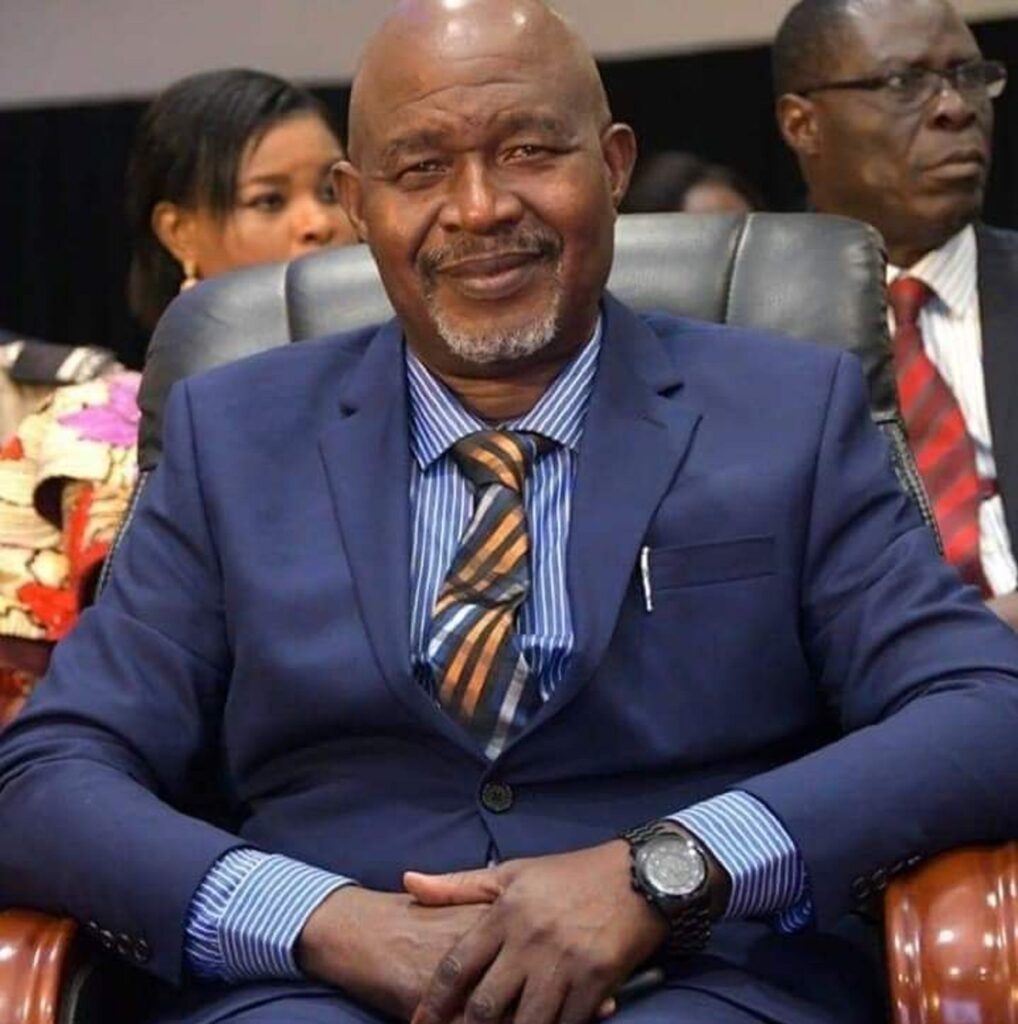

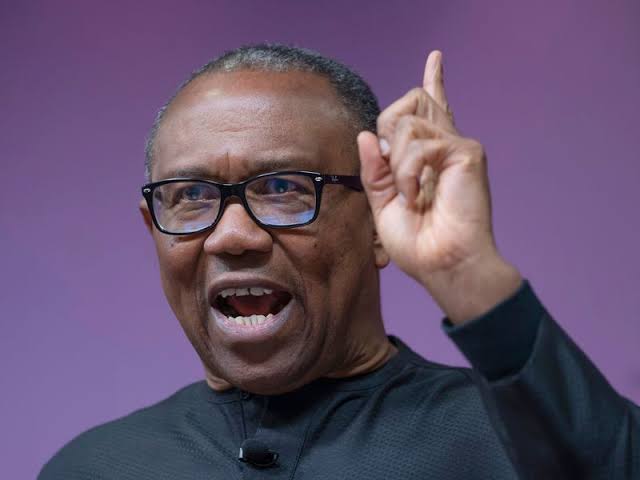
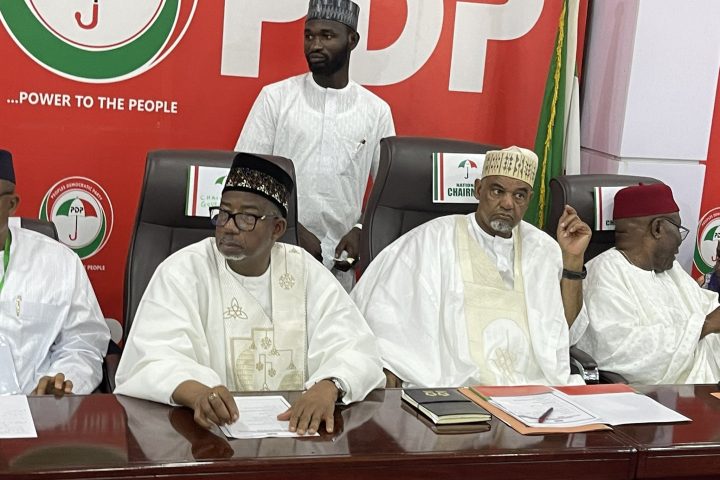
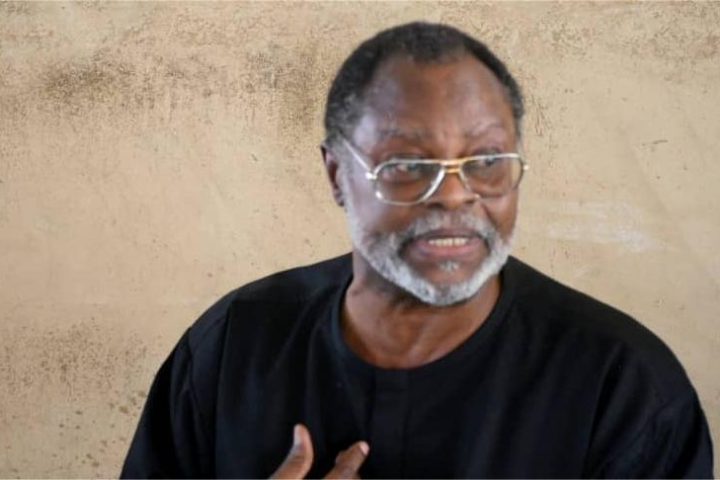









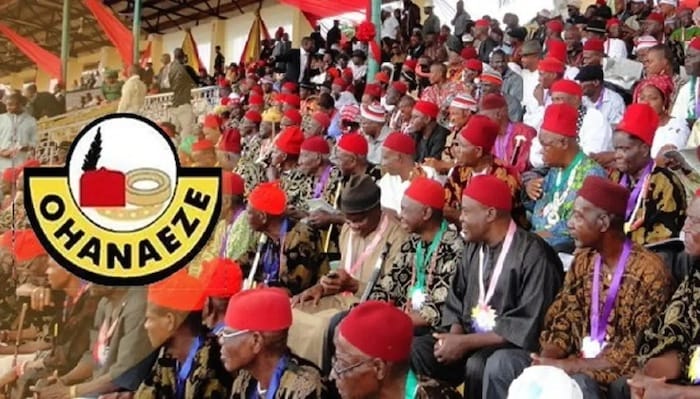

The state of cross carpeting in Nigerian politics makes one wonder if our constitution is functional at all